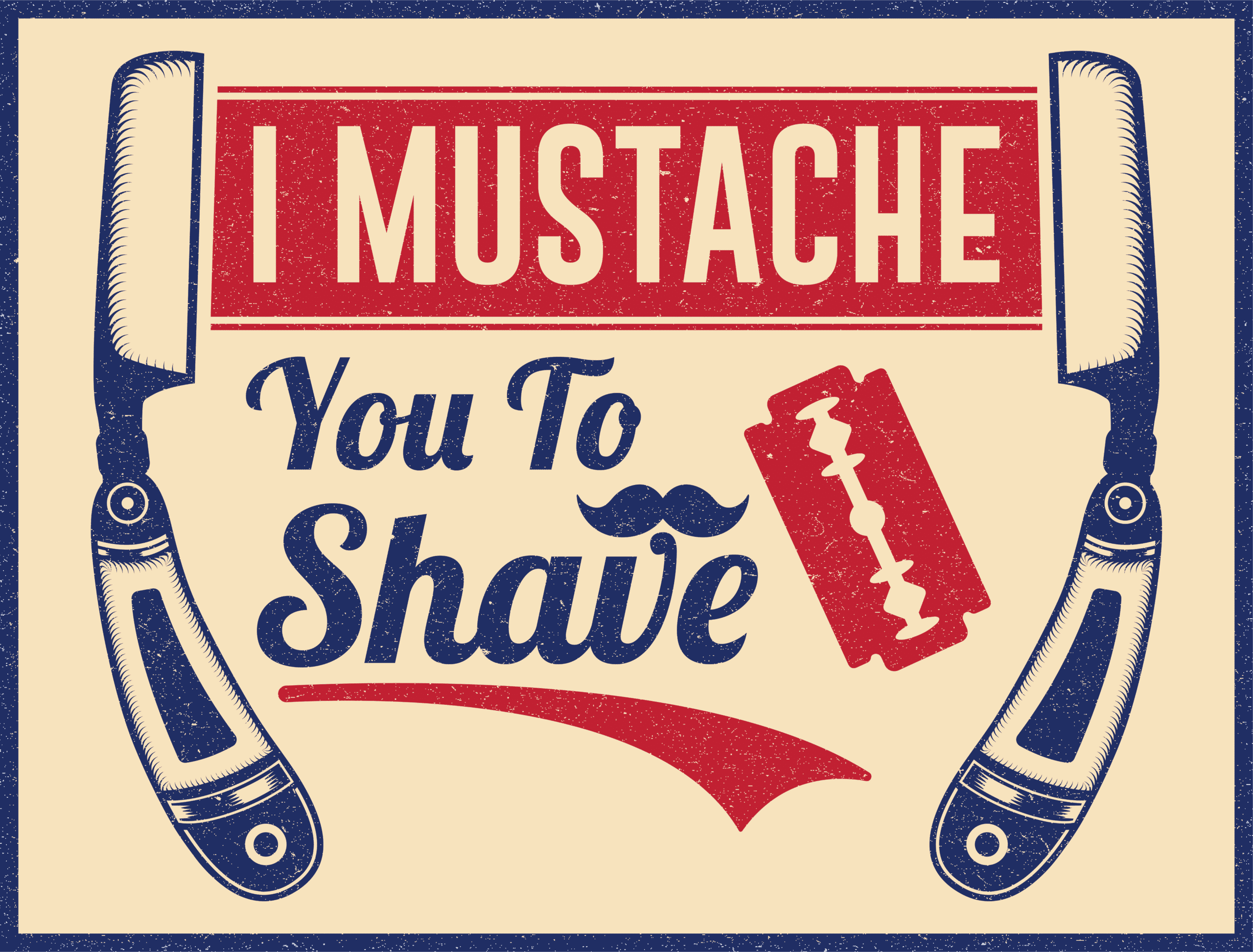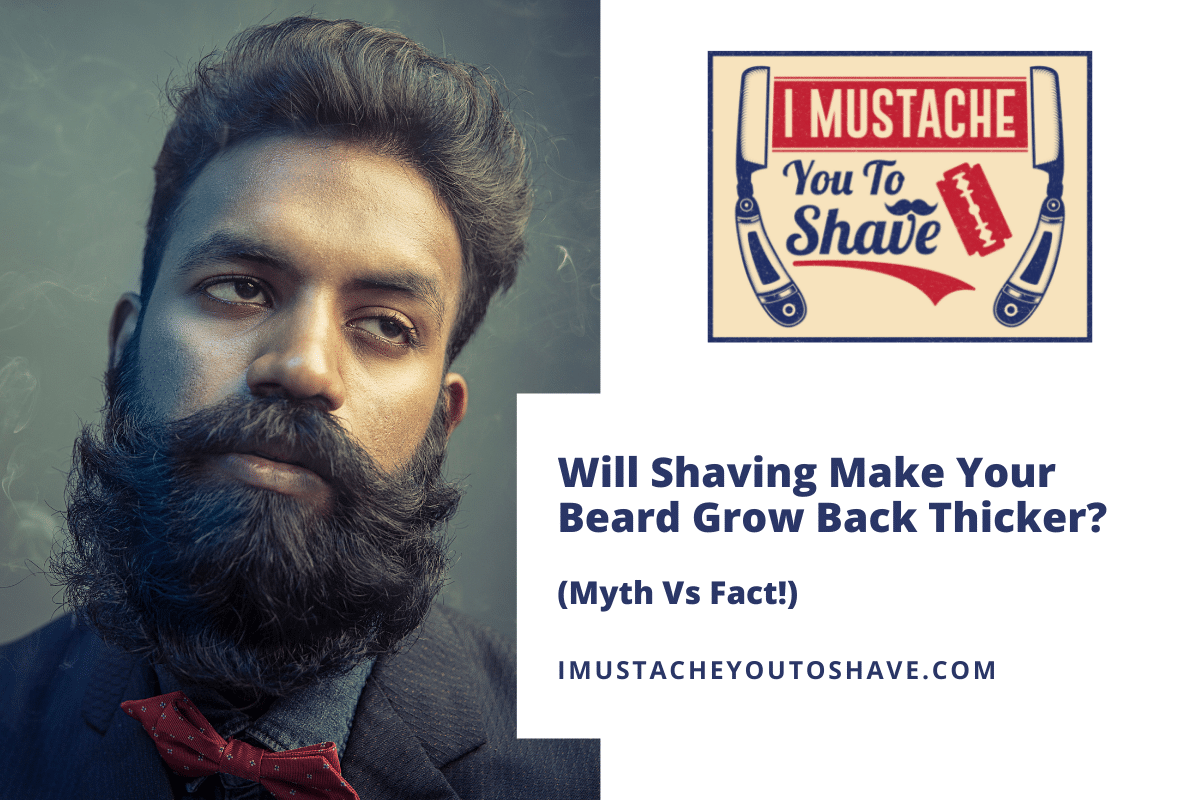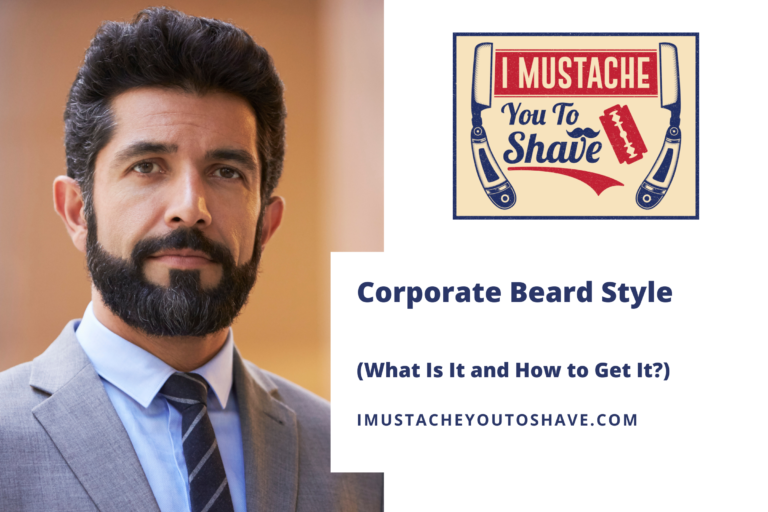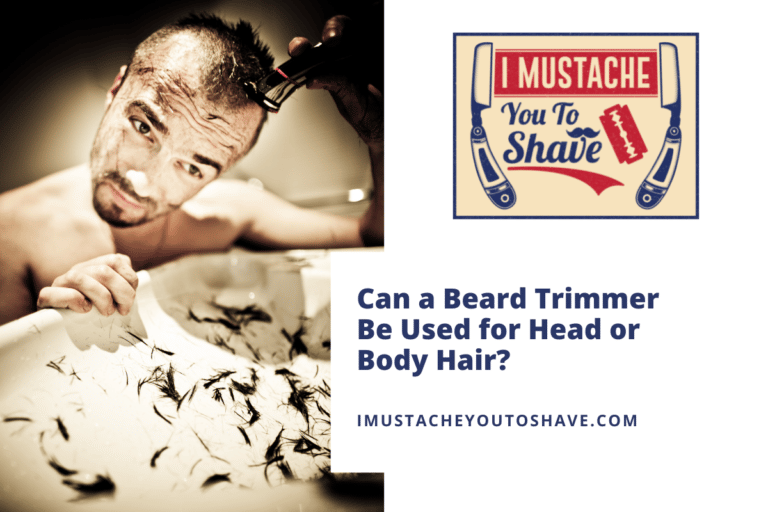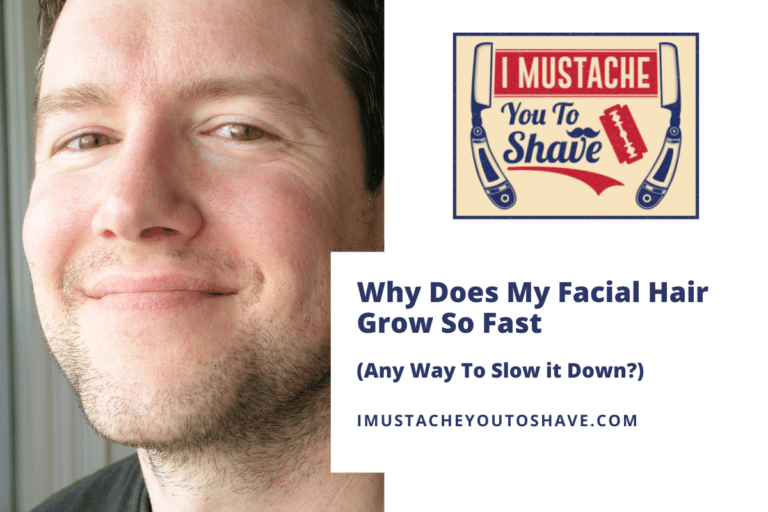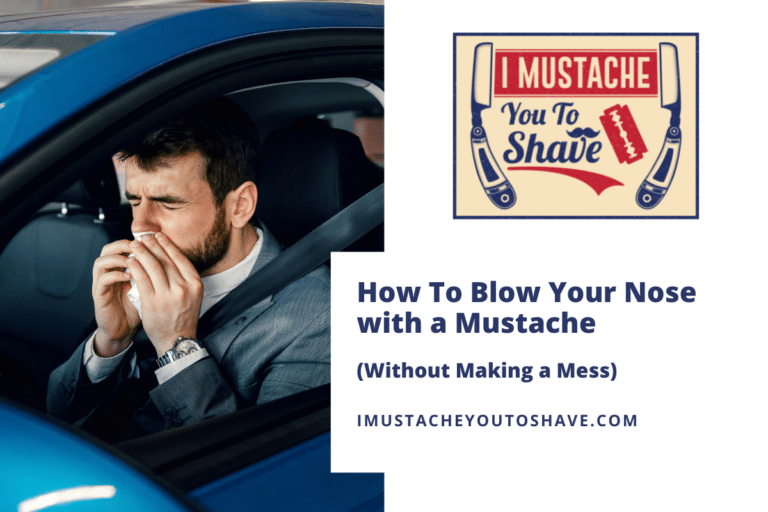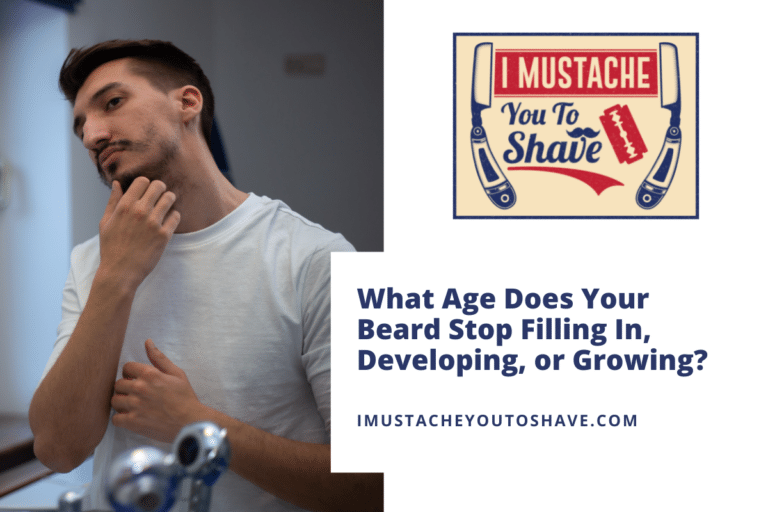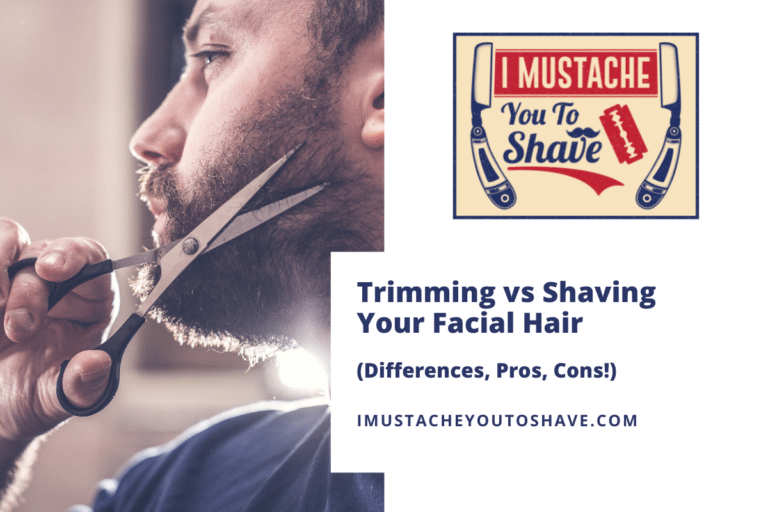Will Shaving Make Your Beard Grow Back Thicker? (Myth Vs Fact!)
It’s one of the most common old wives’ tales: your hair grows back thicker if you shave. Shaving your face is a great way to remove facial hair, but will it cause your beard or mustache to grow back thicker?
Beards and other facial hair can seem to grow back thicker or darker after shaving because the ends have been blunted and appear larger. Many scientific studies have determined that shaving facial hair has no effect on how fast or thick it will grow back but improving one’s general health and skincare can help keep hair healthy and strong.
Let’s take a moment to examine why this myth is so common, more of what the science says, and find out what does make your beard grow thicker.
Does shaving your face make a beard grow thicker?
Shaving your face does not make your beard grow thicker. Plain and simple. The idea that hair growth and shaving are related has been studied for about 100 years. One of the earliest studies, conducted in 1928, flatly disproved the relationship between beard growth and shaving.
In that 1928 study, four men were given the same shave using the same razors, soap, etc. The scientists then measured 100 hairs that had been shaved. The conclusion they came to? Shaving does not affect the acceleration of beard growth.
Another study, published in the Journal of Investigative Dermatology in 1970, found that “no significant differences in total weight of hair produced in a measured area, or width or rate of growth of individual hairs, could be ascribed to shaving.”
So, if this myth has been busted time and time again, who started the myth that shaving your face makes your beard grow thicker?
One possible answer has to do with our perception of hair growth.
There are plenty of reasons that may make it look like your beard is, indeed, growing back thicker after you shave it. Some of the most common reasons this perception happens, as cited in the British Medical Journal, are…
- The shape of the hair changes after shaving
- The “new growth” hasn’t been exposed to the bleaching effects of UV light from the sun
Each of these reasons can be easily explained with some basic common sense.
When hair first emerges from the hair follicle, it has a tapered end — like a spear. This original tapered end helps it emerge from the hair follicle. Once that hair has been shaved, the razor cuts the hair as close to the skin as possible. It looks like all the hair is gone, but the root of the hair is still growing below the skin.
When that hair begins to grow again, it won’t have a tapered end. Instead, it will grow back with a blunt tip. When you multiply this by a few hundred hairs on your face, it gives the impression that the hair is, indeed thicker. However, your hair is just growing back with a blunt tip rather than a tapered tip.
As far as the bleaching effects of ultraviolet light, just think about what happens when you leave a rag or seat cushion out in the sun all summer long. The darker colors start to fade and become bleached.
This same effect happens to your facial hair. The UV radiation given off by the sun penetrates the hair and breaks down the melanin — in other words, sunlight destroys the very thing that gives hair color.
As a result, the new growth on your beard will always seem darker than your beard normally is because it hasn’t yet had a chance to be bleached or lightened by the sun.
If this seems almost unbelievable, just go ahead and peruse the plethora of personal testimony on the sun’s impact on beard color.
When you combine those two reasons, it can certainly seem like shaving does make your beard grow back thicker. But, according to science, shaving does not affect beard growth or thickness.
How fast does facial hair grow back after shaving?
While your facial hair isn’t growing back thicker or faster, it’s important to consider how fast facial hair does grow back after shaving.
Depending on genetics and environment, facial hair grows back fairly quickly. At an average rate of 0.3 and 0.5 millimeters every day, the average facial hair grows about as fast as scalp hairs and twice as fast as eyebrow hairs!
Just keep in mind that everyone’s face and facial hair growth speeds are different.
How can you make your beard grow thicker?
So, now that we’ve ruled out regular shaving as a way to make your beard grow thicker, what options are left? Surely there must be some kind of solution for men who want to grow thicker, fuller beards!
Regardless of where you are in the world — regardless of where you are in the space-time continuum — there have always been people selling products that can give you more facial hair.
The science of facial hair growth is complex, nuanced, and can’t simply be sped up by rubbing snake oil onto your beard.
The variables that can affect your beard growth include age, genetics, ethnicity, diet, hormones, stress, and plenty more.
Some of these variables are out of your control.
Fortunately, you can work on certain variables to help grow a thicker beard:
- Stress
- Sleep
- Diet
- Skin/hair care routine
- Vitamin D
Here are a few tips to help your beard grow thicker.
Reducing stress can mitigate hair loss
Stress has a huge impact on your body’s ability to produce hair. There are few different types of stress-induced hair loss. Alopecia areata is one of the most common reasons for stress-induced hair loss.
Additionally, you can also develop a “tick” or habit where you pick at your beard when you’re stressed. This condition is called trichotillomania.
Sleeping well helps regulate hormones
Make sure you get consistent rest. Aim for about eight hours a night if possible.
Sleep is important for hormone regulation. Testosterone is one reason why beard and facial hair growth begins in puberty. In a small study done on adolescent boys, just one week of sleep restrictions decreased testosterone production. While that study wasn’t measuring facial hair growth, one can assume that sleep deprivation or restriction doesn’t aid beard growth in any way.
Eaiting a balanced diet keeps skin and hair healthy
A balanced diet can possibly help you achieve a thicker beard. While there aren’t too many scientific studies on this, there’s plenty of evidence suggesting that a balanced diet can increase testosterone production —thus, in turn, encouraging beard growth.
If you’re looking to add vitamins or supplements to your diet, always consult with your doctor. A spread of zinc and vitamin A, B, and C can help encourage hair growth and proper testosterone regulation.
Moisturizers and oils can make facial hair appear thicker
This tip won’t necessarily make your beard thicker. Instead, it will give the appearance that your beard is thicker — and isn’t that the most important part?
One study posted by the International Journal of Trichology suggests that using avocado oil can strengthen, repair, and moisturize your hair by sealing cuticle cells. While the study appears to focus on scalp hair, personal testimony suggests that it is also may be effective for facial hair.
There are also specific beard oils you can use to help protect your facial hair throughout the day. Beard oils contain a variety of essential oils that both moisturize the individual hairs while also moisturizing the skin.
Vitamin D could help activate hair follicles
In one study, mice given vitamin D were able to activate hair follicles that otherwise were inactive. There are still tests begin conducted on human patients, but the initial findings seem strong.
Since vitamin D is already suggested for people suffering from vitamin deficiencies and seasonal affective disorder, it’s most likely safe to add vitamin D to your supplements list. But, as always, consult with your doctor before adding supplements to your diet.
